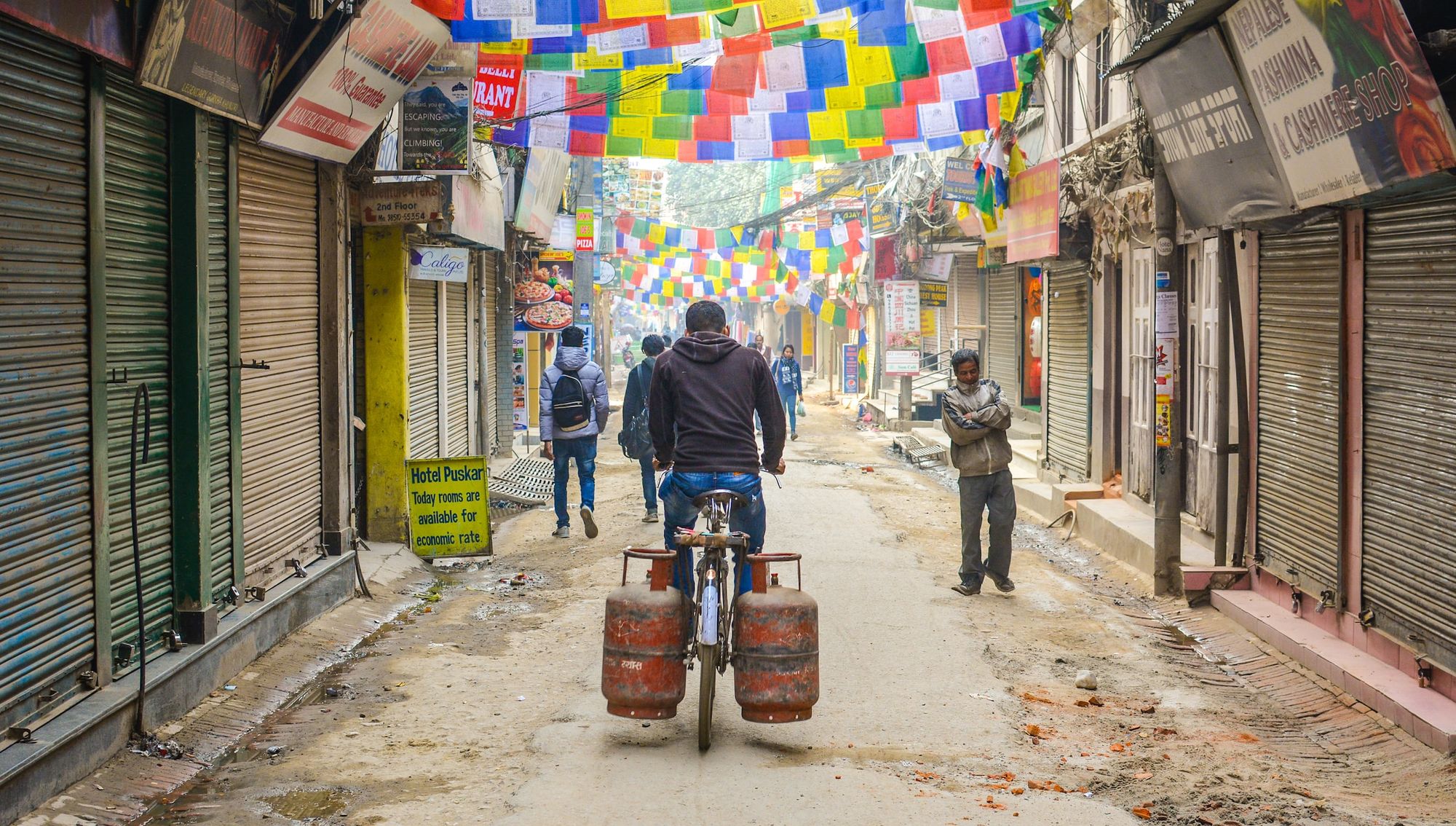You find this duplicated society in almost every country in the world—says professor M. Sornarajah—who was born in Sri Lanka during the British colonial times—about the comfort class that is financed by multinational companies.
You were born in Ceylon during the colonial times. It is Sri Lanka now that experiences a huge economic breakdown. What is the perspective of the future?
We got independence from the British in 1948. That time the country was united by the British but before the British came, it was split into three countries with three tribes: Sinhalese, Tamils and Muslims. The British started to force them into one country and gave independence as one country. Then the Sinhalese leaders came because it was the easy way of getting power. They said that the whole country is Sinhalese and that they should have greater rights than the minorities. This started a lot of difficulties because the minorities resisted it through an armed struggle which lasted about 30 years. That destroyed the country because you had to create an army, get weapons from overseas and all that pitch meant that there was no development for three decades. The war ended with a lot of cruelty. In that context the economy suffered and has not recovered. The politicians were corrupt, who sort of said the country must belong only to the synergies. They were accumulating wealth. They were sending their children to be educated in England and were leading lives that were very English rather than Sri Lankan lives. We have the ethnic problem, through which a handful of people profited. They used it to get wealth and they denied that wealth to the people. People were left with this illusion that they had single superiority when in fact it amounted to nothing.
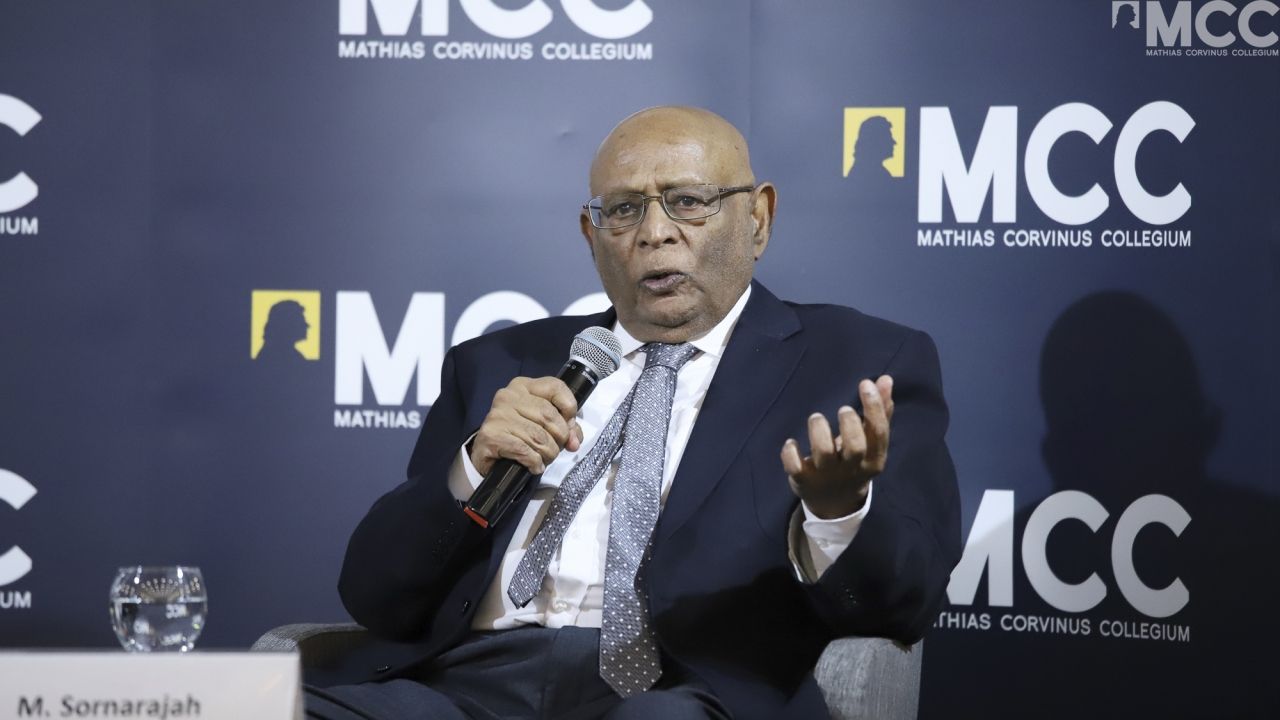
For example, in Africa, if you see the former French colonies, the foreign investments and companies recolonized those countries, not politically, but economically. What is the future of those countries?
What happens if the global companies go in and they create elite groups inside the society? The comfort of class, as we call it. In Sri Lanka, in India or in Africa you will find a group of people whose employment is based on the multinational companies, who have imbibed the values of the colonial power, speak French well, live according to French culture and think that French culture is barrier to the culture of their own people, right? So, you find this duplicated society in almost every country in the world. In Sri Lanka, we call them coconuts. Do you know the coconut? It is brown outside, but white inside. In China, we call them bananas. And these are the people who rule the countries in the developing world on behalf of the foreigner interest. As long as that situation continues, there cannot be change, there cannot be true freedom. Even in the center of European countries because there is a class of people who have been employed by multinational companies, who have better wages, better conditions of living and they are a powerful class who would want the system to continue. Why would they want change? That's a problem for all countries, not only in Africa and Asia, but generally around the world. There is a class of people who wouldn't want multinational companies to be displaced. The change will not come easily. It will come if there is a situation where the people, the government force the foreign investor to act meaningful who leaves technology behind so the local entrepreneurs could develop. Change is coming when they create wealth for the country that could be distributed. There are ideas that some countries have initiated: in Singapore the multinational company is coming in and it is taxed giving back a little bit of the wealth.
In recent years, deglobalisation processes have become increasingly common: protection of national markets, protectionism, trade rigour, sometimes trade war. How can the international financial and investment environment be maintained in such times?
At the moment there's a reaction that emphasizes protectionism. The world works in cycles. You are in globalism then comes back to protectionism–the cycle is changed. What we have seen is an excess of globalism, which has resulted in certain injustices. For example, the fact that it has made rich people richer, the poor people poorer. Healthcare is not provided to the lower classes, the working classes, or education is not provided. When that happens, when there's over much concentration of wealth, then people have to react to it. There's a natural resistance and that resistance means that protectionism returns as an emphasis of nationalism. We have arising nationalist leaders all around Europe, Asia, Africa, the US–Trump was an example. He wanted protectionism because there was a class of people in the US who were respondent about what is happening, who were denied access to a lot of facilities–that scenario could be repeated around the world.
If investment treaties are necessary, the regulatory power of states to promote the public interest should be given priority over investment protection–you wrote in one of your essays. How can the public interest take precedence over business interests? In many cases this fails.
The fact that in most of the states the private interests represented by business is triumphant because they have influence, they can buy politicians, they can bribe them or ensure that voters are bribed so they will elect the right type of politicians to be in power. Sometimes it's visible that power is so concentrated in the hands of the wrong people–there will be resistance and change take place.
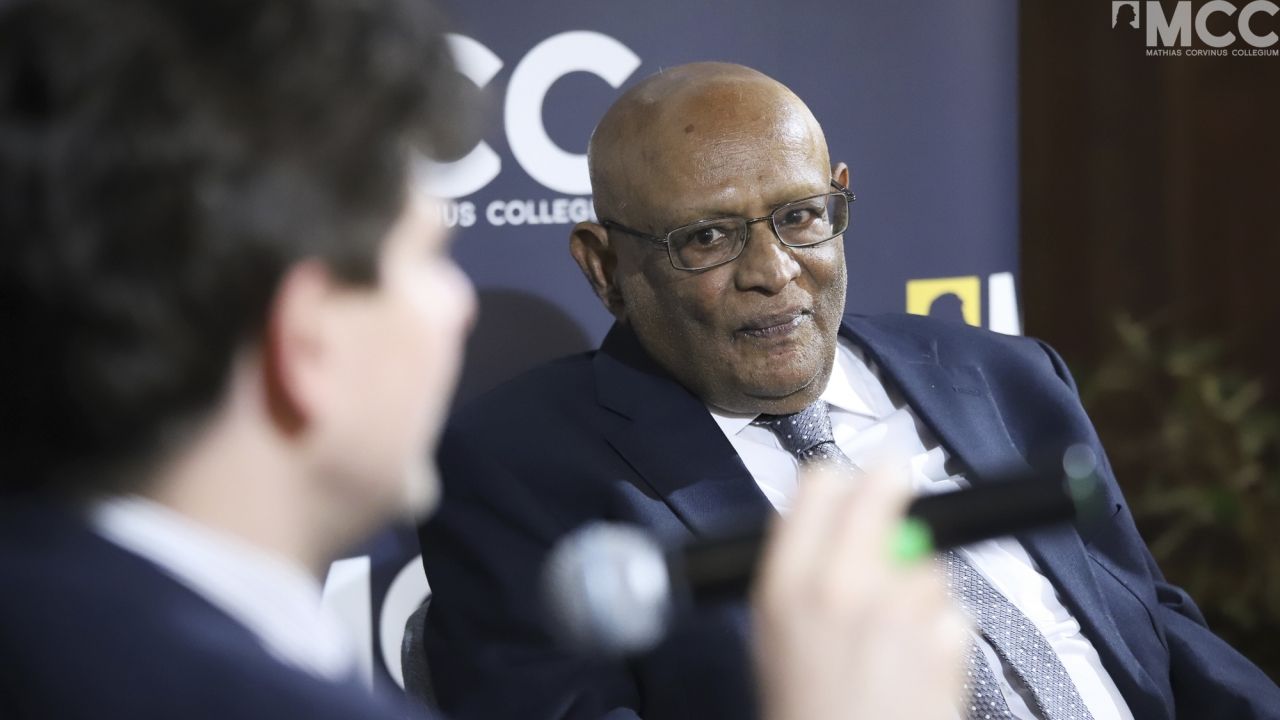
Many are asking the question along the lines of Russian aggression: Does Moscow want to destroy the international order, headed by international law? How do you see this statement?
Many of the Russian activities in Ukraine violate international law so in order to justify what Putin's doing, he wants to change some aspects of international law. Despite the fact that he may want to change international law, he won't succeed in that, because international law can only be modified with concerns of other states. You cannot unilaterally change words. You could change the order if a large number of states want to accept it, or create an alternative system, like the Soviet Union created during the Cold War when there was a Western international law, and there was a Soviet Union international law. Russia cannot change gloves now it's bound by existing laws.
You described the Soviet alternative. After the pandemic, there was a huge shock on our world. If we see the situation in Ukraine, in Taiwan, or for example the big famines in Africa. Can you see an alternative that is going to emerge in the future?
The Chinese are going to attempt an alternate. They have so much of financial power so it's not unthinkable that there would be an alternative order that the Chinese are able to make in trade. I don't think they would want to dismantle the United Nations, but in areas like trade, China can build an international order of its own and continuing within that order. That's a distinct possibility that rises. I think the best solution for the European states would be to accept the reality that China is going to rise as China has not shown any aversion to existing laws.
What about the neighbors of Beijing?
When it comes to South Korea, Japan, Indonesia I don't see an urgency on their part to leave the existing system as they are very pro-West than pro-China. They see China as trying to sort of get the whole of the South China Sea. It is a problem for them because if the whole of the South China Sea is supposed to be a “Chinese lake”, then you don't have access to Japan or to South Korea and China is at the doorstep of Indonesia. They're not going to support China unless they really have to send their national interest to do so. You must remember that the West is still powerful. The United States is a military center–it will take China at least 50 years to be as militarily powerful as the United States. By that time, the United States would answer the challenges to have India, Australia, Japan, South Korea, and Indonesia as allies.
Muthucumaraswamy Sornarajah is a legal academic. He is an Emeritus Professor and former C. J. Koh Professor of Law at the National University of Singapore, the Tunku Abdul Rahman Professor of Law at the University of Malaya, and the former head of the school of law at the University of Tasmania. He is also a Visiting Professor at the Centre for Human Rights, London School of Economics. He is the author of The Pursuit of Nationalized Property; International Commercial Arbitration; The Law of International Joint Ventures; The International Law on Foreign Investment; The Settlement of Foreign Investment Disputes, Resistance and Change in the International Law on Foreign Investment and Misery of International Law. He is joint editor of China, India and the International Economic Law. He was hosted by Mathias Corvinus Collegium, Budapest, Hungary.
Inside pictures: MCC Győr
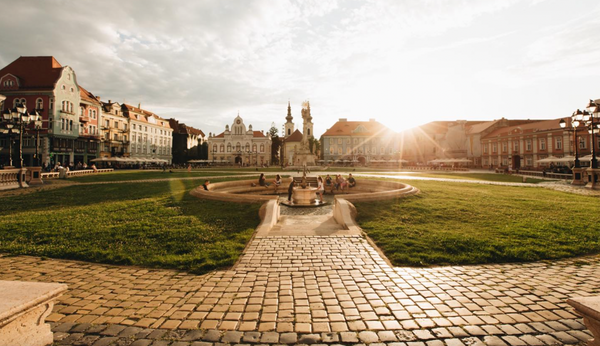
The European Capital of Culture program series in Timișoara starts in February
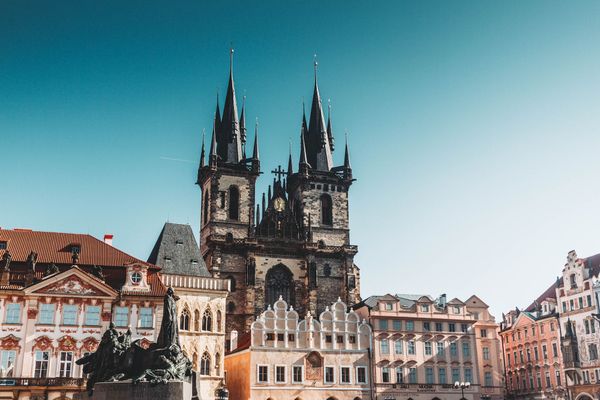
Rare opportunity to see the Czech coronation jewels in Prague










